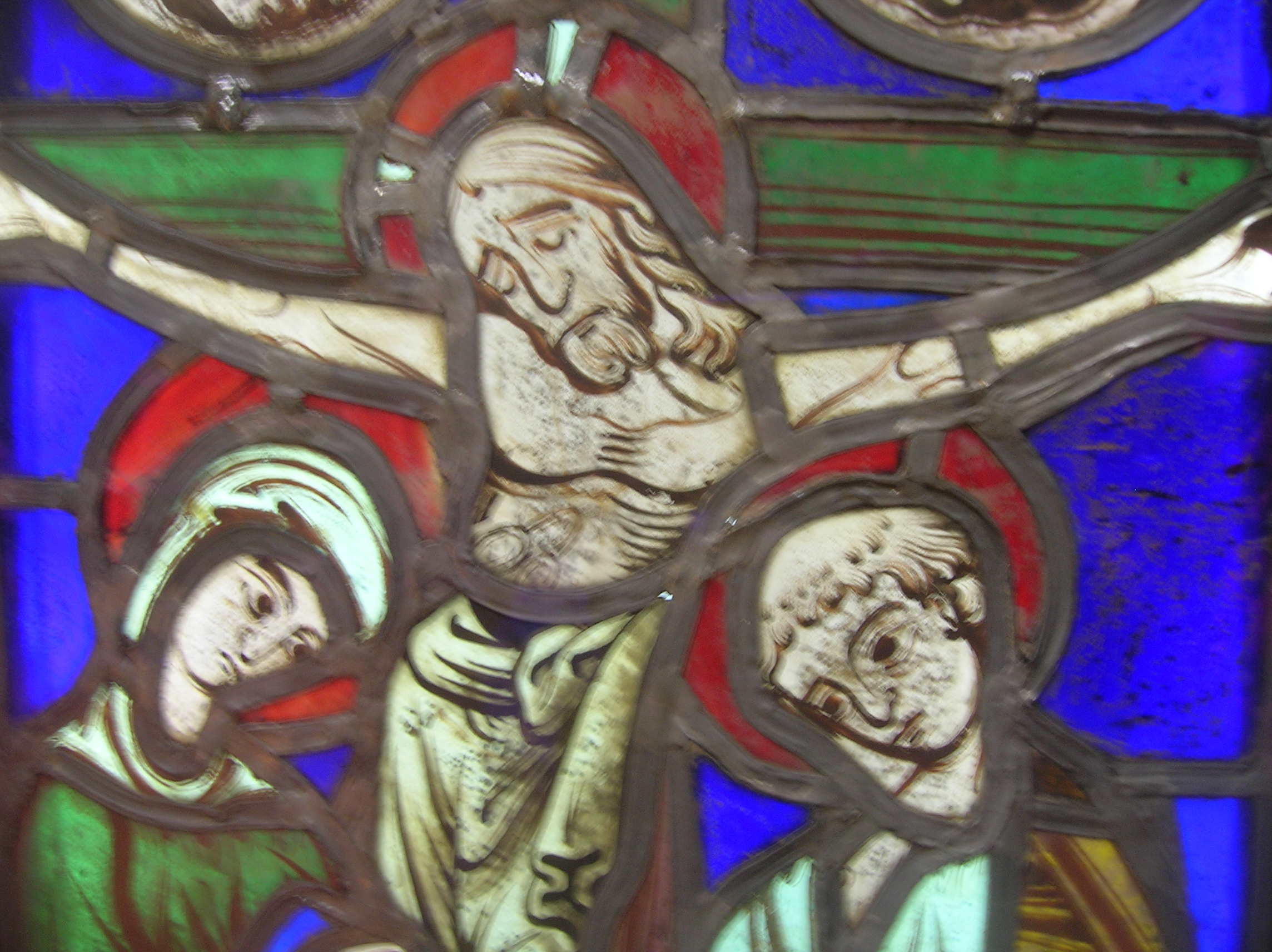For a taste of some real philosophy, take a look at Galen Strawson’s piece, Why I Have No Future.
What’s your take on what he calls NOF? How does it measure with your experience and your analysis of your experience?
My perception and self-experience not only place me in time as what Strawson calls a diachronic (as opposed to his episodic), but also within space, as the member of a particular community. Contra atomism (expressed on human terms as absolute individualism), I experience myself not merely as an atom (a monad? – I wonder how Leibniz would think of this) passing through time, but that as a person my very being is substantially constituted by my relationships with God and other people. While the people around me tend to occupy different times than I – in the sense that very few of them were born the same day and time, and very few will (likely) die the same day and time – the degree to which I have a future is not really dependent on them. While my current sense of self is intertwined with other people, I do recognize that my sense of self is more than a mere nexus of connections with others. There seems to be something here – what we call an “I.”
So do I have a future (or do I merely imagine a future – what’s the difference between having something and imaging one has something)? From everything I see, I do not have the power to sustain my self after death. I also observe that the power of connection and relationship with people around, me currently (partly) constitutive of who and what I am, lacks the power to sustain my self after death. In the course of doing my day job I’ve done lots of funerals through the years. In every case the dead person has stayed dead. Knowing that – that death is the end for each human, where does that leave me when it comes to having a future?
As a Christian, my hope – and here it is a hope, not merely in a theological sense but in an ordinary language sense of something to which I look forward but for which I lack absolute certainty – is not in my self understanding, in the natural course of things (i.e., a belief that humans are naturally immortal), in the connection with other people, but in my place in the story line of Jesus who was raised from the dead, and who promised to bring with him those who trusted their lives to him.

Pingback: Finding yourself in time « Introduction to Philosophy